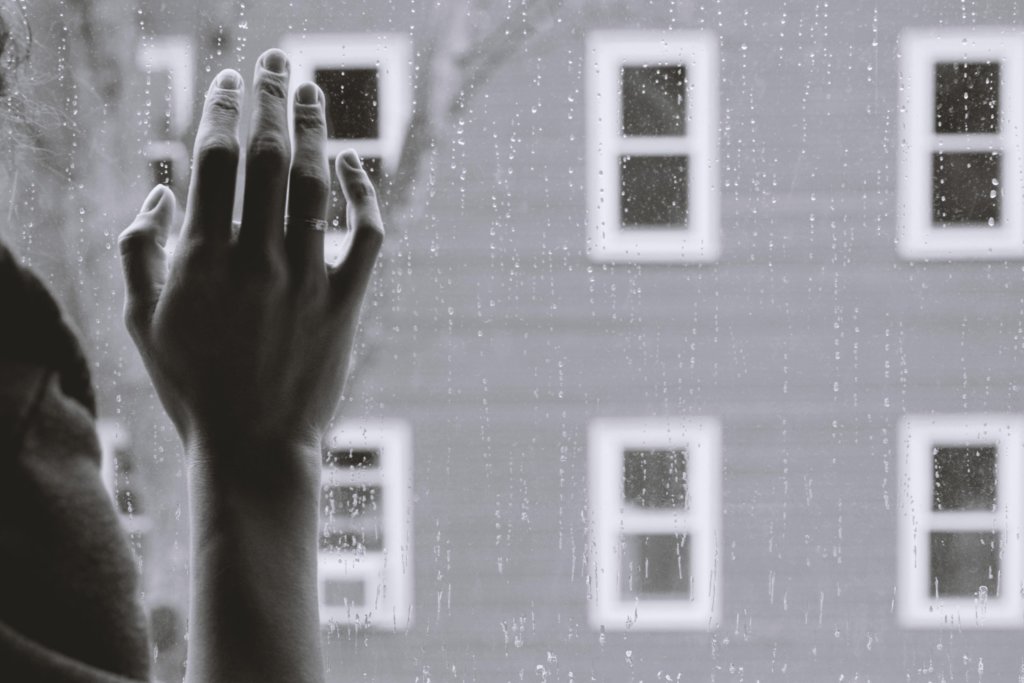When you have a child that requires increased supports and services to get through each day, the struggle to access these services can seem overwhelming. This is especially true when you live outside of a large urban centre.

To help ease this struggle, the British Columbia government has announced a plan for a new program for children and youth with disabilities (birth to 19 years of age). The vision for the new program is a one-stop local hub where families can coordinate the support and services they need based on their child’s requirements. A unique and welcome difference of this program is that the services will not require the family to wait for a definitive diagnosis, but instead will offer the support the child and family require as they need it.
While the program will not be fully implemented across British Columbia until 2025, the first hubs will open in the Northeast and central Okanagan by 2023. Even while there is a delay in the initiation of this program as one parent with a child with disabilities said, it is a welcome “paradigm shift where services become part of the social fabric”.
If you are struggling to access supports and services for your child, please reach out to us at Pacific Medical Law or review these resources on our website.

